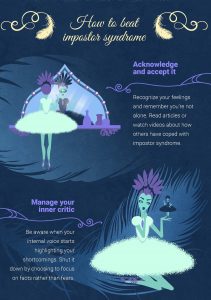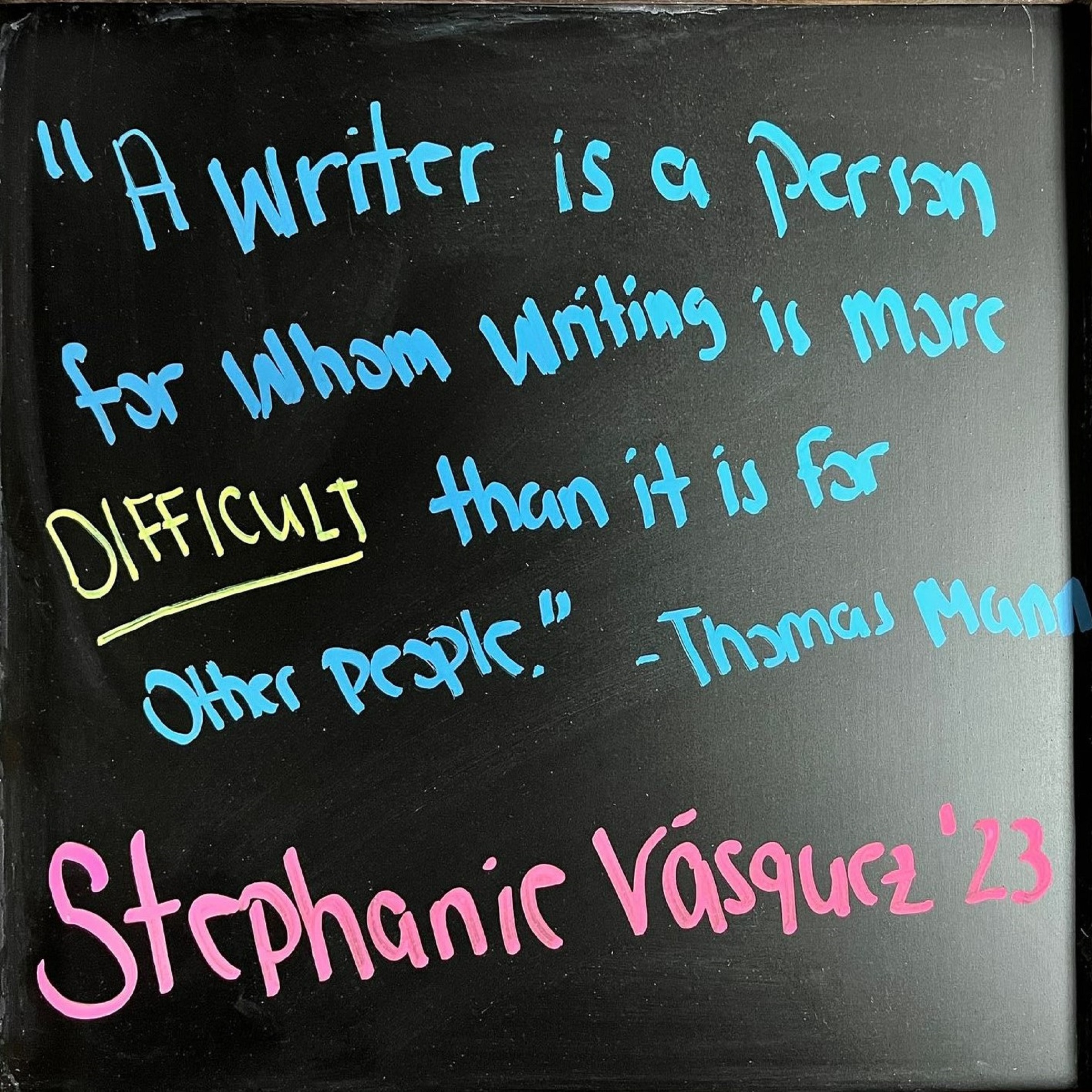By: Stephanie Lehner
To all of you who may be new to writing or have been doing it for a long time, I am writing this blog to express my opinion on the importance of practicing and trying to better your writing skills rather than utilizing AI to write for you. Since we are now in an era where AI is becoming more familiar with human tendencies and is gaining an ever-increasing ability to do what people once did alone, it is important not to lose vital communication skills.
When I entered college as a freshman, I was scared to go to the Writing Center because it was unfamiliar to me. I also felt uncomfortable going to in-person appointments, as I did not yet know many people at the university and I was afraid of having my paper ripped to shreds. Instead, I would write my papers and spend hours poring over each line to edit them properly. After I received my grade, I would sometimes be disappointed with the grammar errors that I missed. As such, when I became a Writing Consultant during my sophomore year, I started making appointments to utilize the Writing Center’s services myself. As I began to better my writing by receiving constructive feedback and helping others with their papers, I regretted not going sooner, for I could have saved myself a lot of time and grief freshman year, while also learning from my mistakes more quickly from more experienced writers. The fear that I initially had was quelled, since I saw how patient the other Writing Consultants were with me. They truly wanted to help me to further improve, and that is the mentality that I also share when I work with students.
Now as a senior, I can confidently say that my writing has become drastically better since my freshman year. However, it has taken a significant amount of time to get where I am. I also share the mindset that it is much more beneficial for an individual to start with writing that you, yourself, may deem ‘bad’ because you can always improve. Oftentimes, what you may deem to be ‘bad’ is in reality not bad at all and changing a practice or receiving a few tips could go a long way. This sentiment is similar to the quote that I chose, which hangs in the Writing Center: “Start writing no matter what. The water does not flow until the faucet is turned on.” This could apply to papers where you feel like you’re experiencing writer’s block but could also help you to get started in your writing journey. All it takes is for you to put pen to paper, or sometimes, your fingers to your computer, and let the ideas flow.
AI definitely is a great tool and may be able to produce papers that could pass as your own. However, you will not feel the same excitement when you get your grade back. You will also not feel the satisfaction of reading your finished paper thinking, “Wow! I came up with that!” In my experience, feelings such as these form after hours of brainstorming, writing, and proofreading, and this level of hard work makes the writing process much more rewarding. You never know what doors could be opened for you once you become a strong writer. Writing is an essential skill in many professions from scientists who publish research papers to copywriters for skincare companies to script writers of movies. Perhaps that skill will impress a future employer or maybe you will be asked to be a keynote speaker for a graduation or conference. Regardless, I think it is extremely important to have confidence in your abilities no matter where you are in the writing process. AI will never replace humans, especially when it comes to evoking feeling and your personal thoughts and experiences in your writing. As such, I
have a challenge for you: don’t be intimidated about coming to the Writing Center. Don’t think to yourself that your writing is ‘bad.’ Don’t rely on AI to write something for you when you could write a masterpiece that is 10 times more eloquent. Instead, have confidence in yourself and your abilities. Utilize the Writing Center’s resources to improve and come frequently if you need help. Lastly, never stop believing that one day, you could have wonderful writing that may help others do what you were once afraid of. So, put your pen to paper, and let the ideas flow!

















